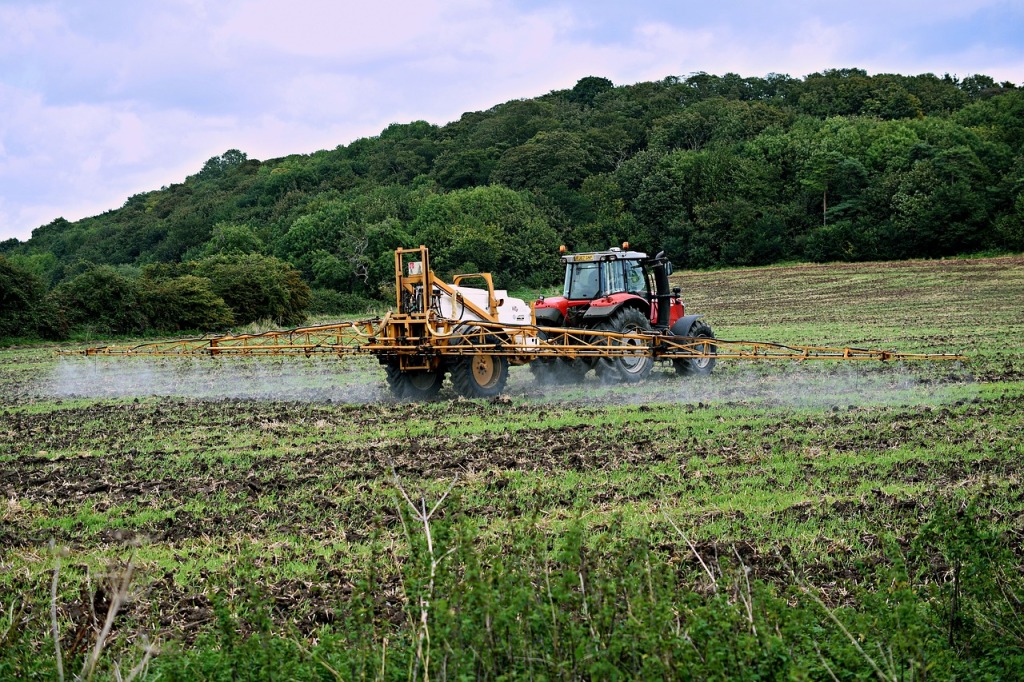By Lois Scott, Master Gardener
Gardeners are typically highly invested in having a beautiful and productive garden and want to do what is best for their plants. Although fertilizers are very often considered a necessary tool in providing optimal growing conditions they should be used with care and only when a soil test says they are needed. https://www.ontario.ca/page/soil-leaf-and-petiole-tissue-and-forages-and-feed-testing-labs
Commercial fertilizers or ‘plant food’ usually list three major nutrients on their products; nitrogen, phosphorus and potassium or N-P-K. These are very important plant nutrients but according to Linda Chalker-Scott PhD, author of the book “How Plants Work” https://horticulture.wsu.edu/people/chalker-scott/ “Our home landscape soils usually have enough phosphorus and potassium to meet our plant’s needs. So, wouldn’t more be better? She goes on to explain that excess levels of phosphate fertilizer can be bad for soil organisms by inhibiting the “development of the mycorrhizal relationship between fungi and plant roots causing plants to expend more energy for root growth. Another negative aspect of excess phosphorus is that it reduces the ability of plants to take up iron, a plant micronutrient. Excess phosphorus may also dissolve in runoff water causing blooms of harmful algae, depleting waterways of oxygen. Organic fertilizers such as bone meal, guano and chicken manure can also create an excess of phosphate in the soil”. https://gardenprofessors.com/fertilizers-a-cautionary-tale/
When your vegetable garden and/or annuals are growing abundantly but you start seeing older leaves turning yellow, your soil may need a boost of nitrogen-rich fertilizer. Nitrogen can become deficient in an actively growing garden and using something like alfalfa meal can replenish it.
Slow and steady may be the best approach to providing your plants with the ideal growing conditions. According to Dr. Chalker-Scott, “using organic mulches like composts, wood chips and pine needles provide a slow feed of nutrients to the soil, the way that nature provides nutrients”.

